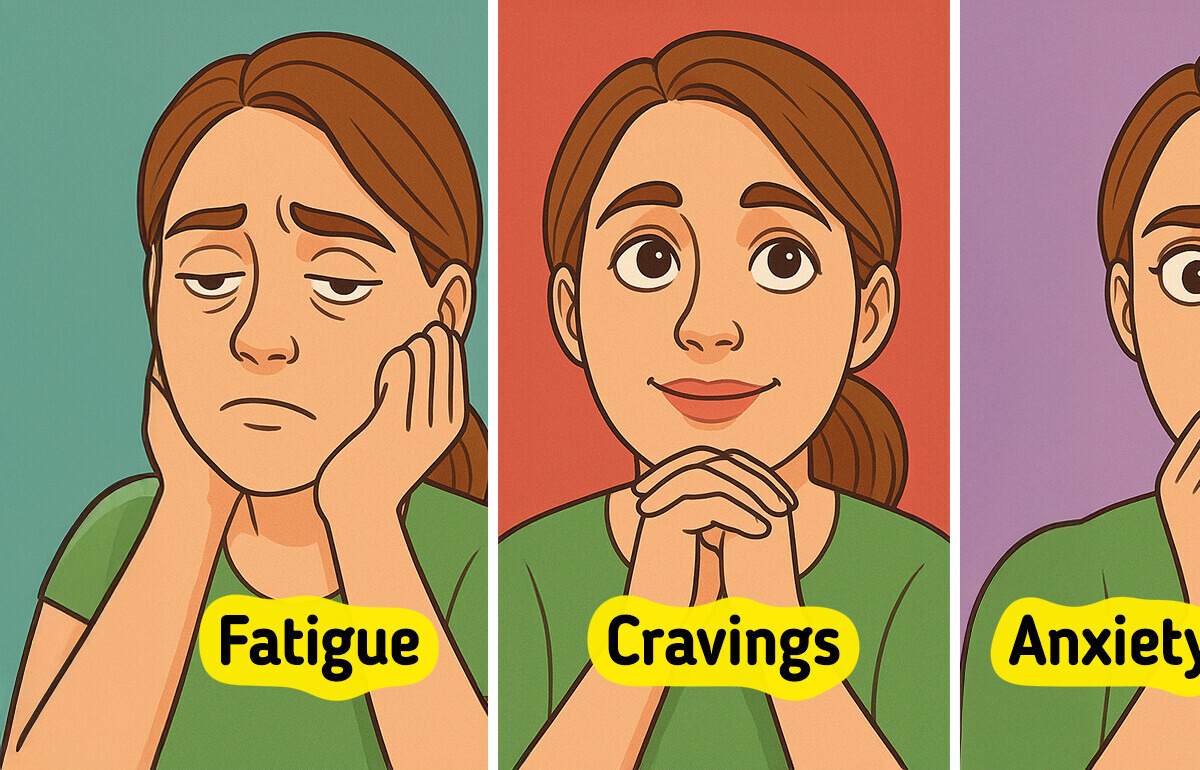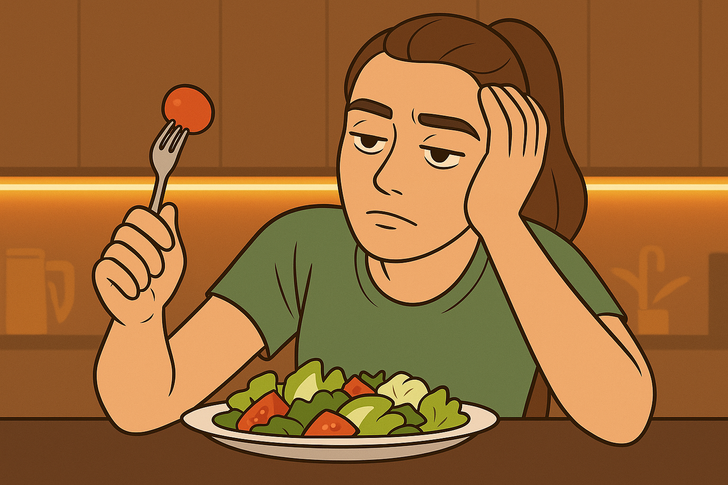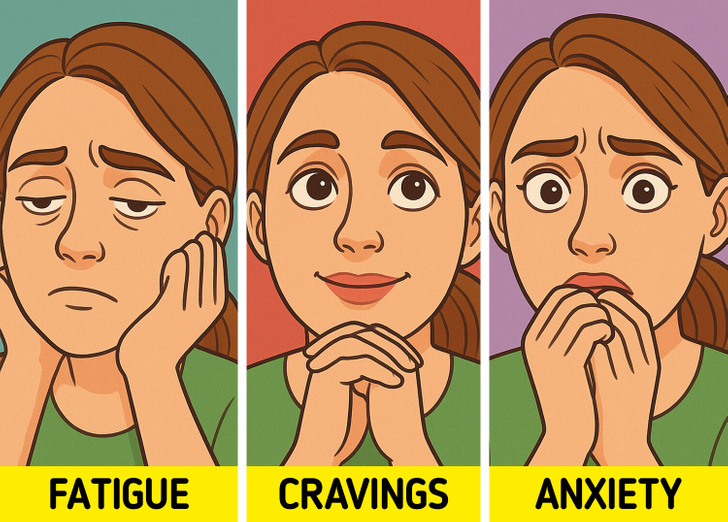Model Lost Entire Lips in Pitbull Attack, And She Reflects on Her Recovering Journey


Eating “well” has become so complex that many of us end up exhausted. That exhaustion has a name: nutritional burnout, and it implies the loss of pleasure in eating, constant guilt, and rules that change all the time. Does that sound familiar? You’re not alone, so here’s how to recognize it and get back to enjoying food.
THE CONTENT IS PROVIDED FOR INFORMATIONAL PURPOSES ONLY AND IS NOT INTENDED AS A SUBSTITUTE FOR MEDICAL ADVICE. PLEASE CONSULT YOUR DOCTOR REGARDING YOUR MEDICAL CONDITION.

Nutritional burnout —also known as diet burnout— is a reality that is affecting more and more people who are trying to maintain healthy habits under constant pressure to meet certain standards. This type of burnout is not only physical, but also emotional and mental. It can manifest as a total loss of motivation, disinterest in healthy eating, or a feeling that no effort is worth it.

Some common signs of nutritional burnout include:
Here are some recommendations that you can apply in your daily life:

You can also:
Having a healthy relationship with food is about listening to yourself and taking care of yourself without judgment. Each process is unique, and talking about it helps more than you think. What has worked for you if you have ever felt this way?











